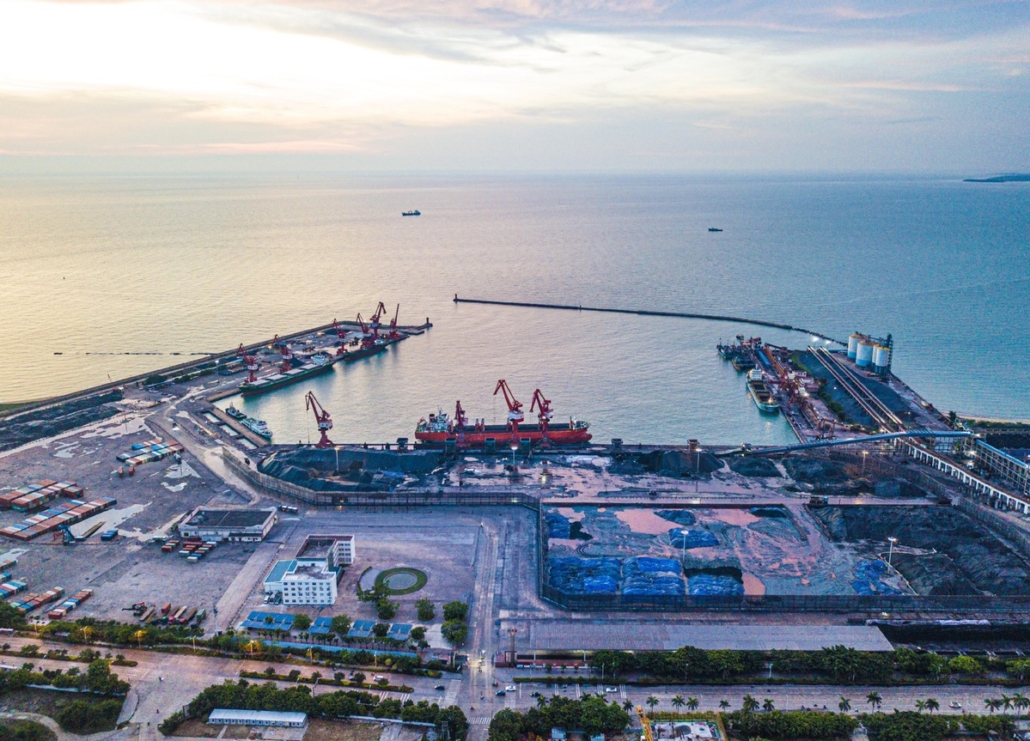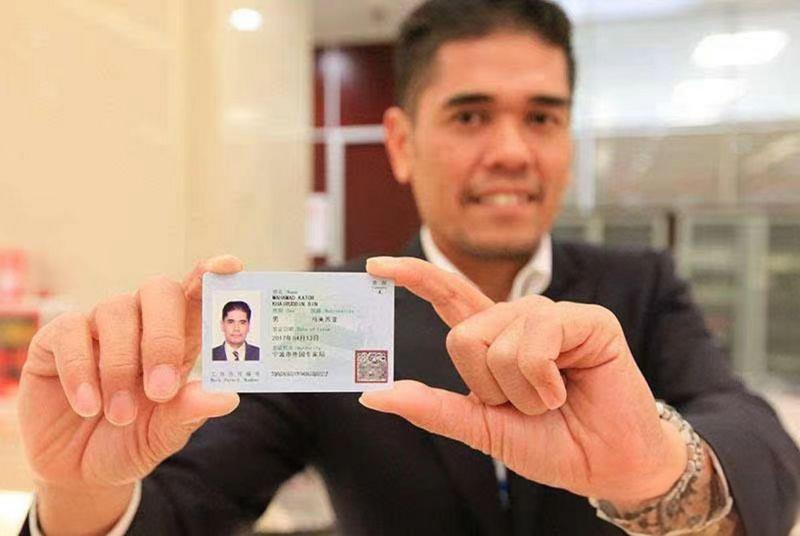 The preferential policies for foreign investment and reinvestment in Hainan mainly include the following aspects:
The preferential policies for foreign investment and reinvestment in Hainan mainly include the following aspects:Tax Incentives
-
Corporate Income Tax Discount: For enterprises in encouraged industries that are registered in the Hainan Free Trade Port and operate substantially, the corporate income tax rate is reduced to 15%. The main business of the enterprise must be listed in the encouraged industries catalog, and the main business revenue must account for over 60% of the total income.
-
Exemption on Foreign Investment Income: Before 2025, income from new direct foreign investments by enterprises in tourism, modern services, and high-tech industries established in the Hainan Free Trade Port is exempt from corporate income tax.
-
Local Income Tax Relief: Local income tax for encouraged foreign investment industries and projects can be reduced by the provincial government.
Investment Facilitation
-
Relaxed Foreign Investment Access: The negative list for foreign investment access has been shortened to only 27 items, the shortest in the country. This further expands the investment fields and space for foreign capital, lowers the entry threshold, and facilitates business operations for foreign-invested enterprises in Hainan.
-
Reinvestment Deferred Taxation: In Sanya, in 2023, two foreign investors registered for deferred taxation on reinvestment. They enjoyed a deferred tax amount of 120.96 million yuan in dividends and deferred withholding income tax of 12.096 million yuan.
Talent Policy Support
-
Personal Income Tax Incentives for Foreign Talents: Qualified venture capital practitioners can enjoy a preferential policy where the actual personal income tax burden exceeding 15% is exempted for their comprehensive income, business income, and talent subsidy income recognized by Hainan Province, sourced from the Hainan Free Trade Port.
-
Service and Support for Foreign Talents: Hainan provides comprehensive support policies for foreign talents, including work permits, professional qualification exams and recognition, entry and residence, social insurance and medical security, housing and home purchase, children’s education, and spousal employment.








